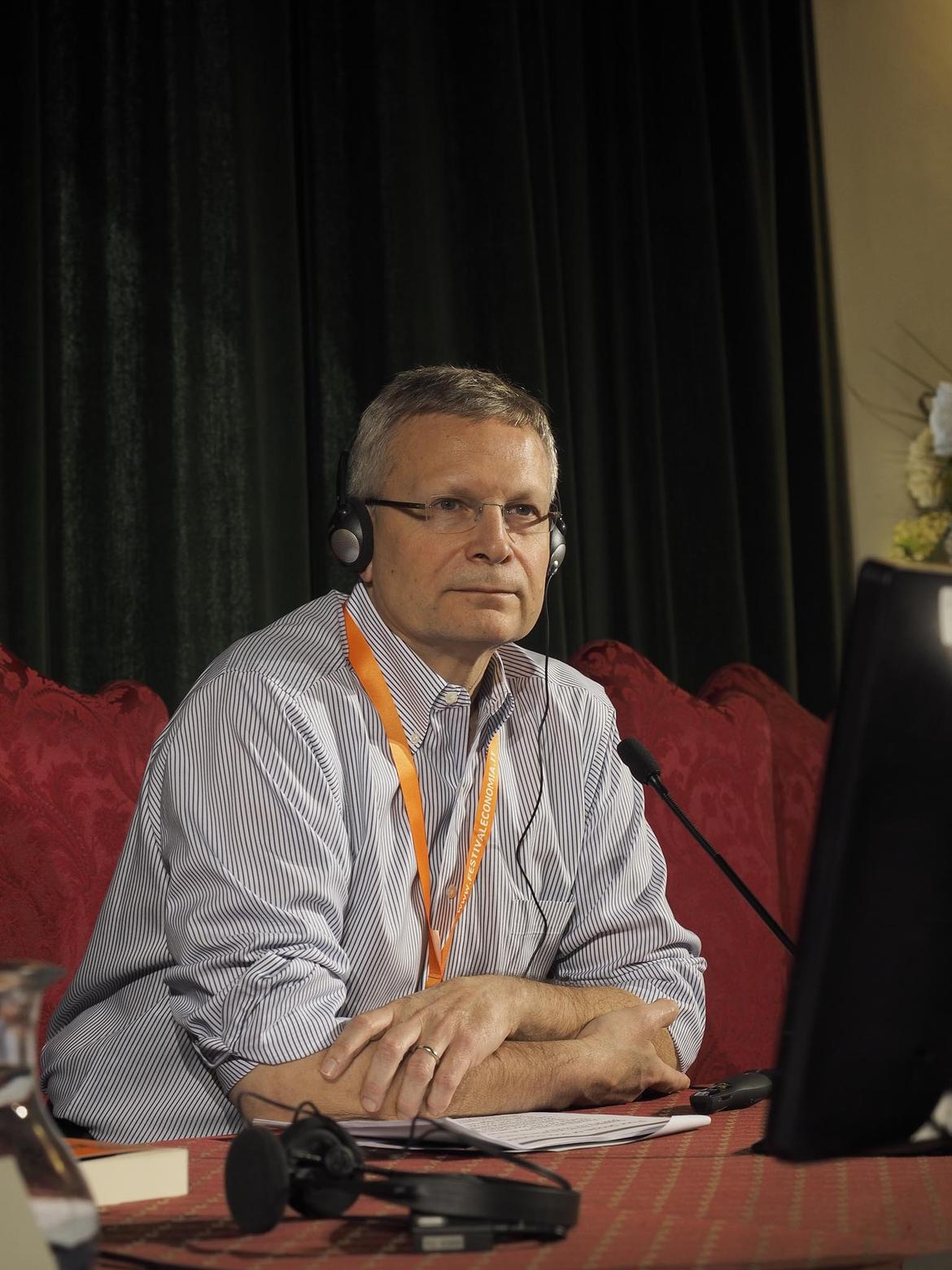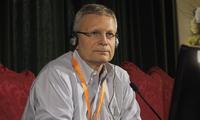
In his analysis Rodrik, speaking at the Festival on the subject of "Global equality versus national inequality", started from the "paradox" of national states, which by maintaining frontiers and implementing mechanisms that allow the markets to function, are at the same time a driving force for internal economic prosperity and for global inequality. It is a paradox that is difficult to solve, warned Rodrik immediately, just as it was not easy for the public listening to him at the session in Palazzo Geremia to answer the question of whether it is better to be rich in a poor state, or poor in a rich state. "The right answer is that it is not possible to make a comparison, because in a context of unequal distribution of wealth, what counts is the difference between one country and another rather than internal differences. These are differences that have grown enormously since the industrial revolution, until the world has been divided into rich and poor areas. The driving force leading to global inequality", continued Rodrik "is based on the differences between regions around the world. However this inequality is being reduced due to growth rates. China, for example, has seen hundreds of millions of people move towards the middle class, and this is thanks to globalisation, which has allowed an enormous increase in exports ".
However, globalisation has not only affected the mobility of goods, but also that of people, by mitigating barriers. Theoretically, Rodrik argues, it is possible for workers who move from one country to another find better conditions and enjoy the same standards as local workers, but the point is we must establish "how many" workers can enter without risking a reduction in the internal coherence of a country, knowing that is however not possible to establish an ideal level. "In order to have an effective nation state must we therefore establish limits?" Rodrik asked himself. "We need a minimum common denominator, excessive heterogeneity is negative for the maintenance of social confidence, which requires an agreed safety net ".
As an example Rodrik once again used China, "which has ridden on the coattails of globalisation without having let down all its barriers. It has opened the window, but making use of an insect screen, with a sort of carefully managed globalisation. It is the best example and it allows us to understand that there are arguments in favour of greater employment mobility, but also other in favour of limitations on mobility, and it is precisely here that a compromise needs to be reached". However, he added: "China is an example, not a model to be followed". He also had a final warning: "If we undermine faith in globalisation, we will not allow it to be properly managed, opening the way to populism; we must concentrate our energy on real problems, but unfortunately there is still a long way to go".
-








